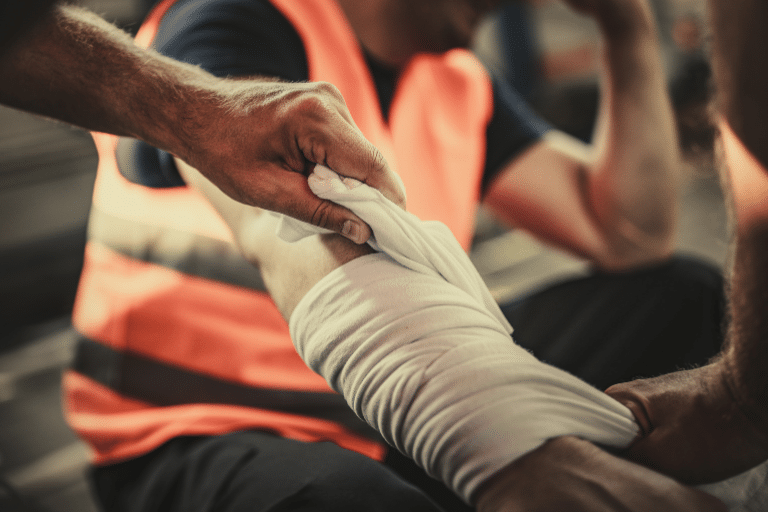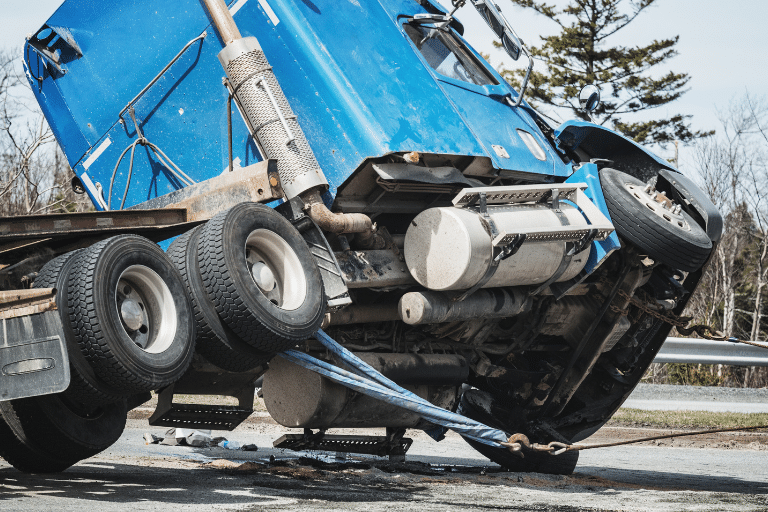When you get hurt at work or begin suffering from an occupational disease, there are two major types of compensation I want to help you get: compensation for lost wages and compensation for your healthcare. You should not be responsible for paying for your medical treatment when your injury or illness arose out of your employment.
It is essential to know how to seek medical treatment after a workplace injury, how it gets paid, what types of treatments are covered, and what kinds of documents you will ultimately need to submit.
The Ohio Bureau of Workers’ Compensation (BWC) provides information about medical treatment and workers’ comp cases. I want to tell you about five things you should know concerning your workers’ compensation claim.
- You Will Need to See a BWC-Certified Medical Provider
When you get hurt at work in Cleveland or develop an occupational disease, you cannot simply go to any medical provider and have your treatment covered by workers’ compensation. Instead, you will need to go to a BWC-certified medical provider.
Within the group of healthcare providers certified by the BWC, you can choose who you get treatment from, even if your employer recommends a specific doctor.
To find a BWC-certified medical provider, you can use an online look-up tool, call the BWC, or contact the managed care organization (MCO).
- You Must Get Prior Approval to Have Your Treatment or Procedure Covered
In order for your treatment or procedure to be covered, your medical provider needs to submit a C-9 form, also known as the Physician’s Request for Medical Service or Recommendation for Additional Conditions for Industry Injury or Occupational Disease.
- Your Medical Records Related to Your Workplace Injury or Occupational Disease Must Be Released to the BWC
While patients in general have a certain guarantee of privacy when it comes to their medical records, injured workers do not have that same assumption of privacy when it comes to medical records pertaining to their workers’ compensation claim.
When an injured employee files a workers’ compensation claim, the BWC explains that the injured employee “authorizes the release of all information related to the claim to the BWC, the managed care organization, or any of the claim’s parties.”
- You Must Submit Medical Records to the MCO
Ohio law requires injured workers to submit initial and subsequent medical reports to the MCO, including medical documentation.
- MCO’s Delay in Reviewing a C-9 Does Not Mean You Cannot Seek Treatment
If the MCO does not respond to a C-9 form within three days of receiving it, a patient can start treatment. Then, the MCO will engage in “concurrent and retro review.”
Call Me for More Information About Your Ohio Workers’ Comp Case
The workers’ compensation claims process can be complex, and it can be difficult to understand exactly what rights and responsibilities apply when it comes to medical treatment.
Let me help with your case to make sure you get the compensation you deserve for your workplace injury. I’ll Make Them Pay!® Call me at 877.944.4373 to learn more about the workers’ compensation claims process and what you need to do in order to be eligible for medical treatment and healthcare benefits.







